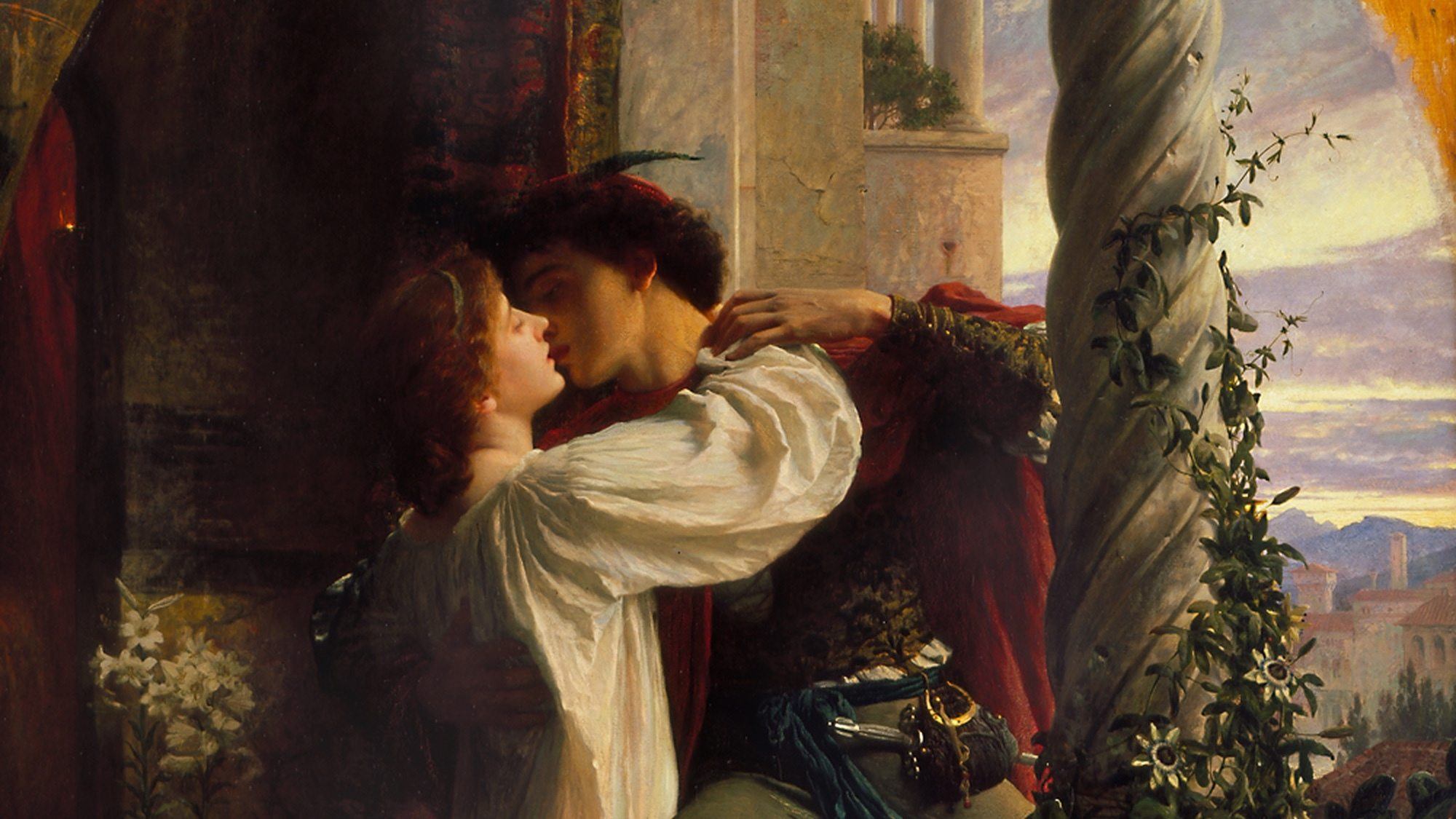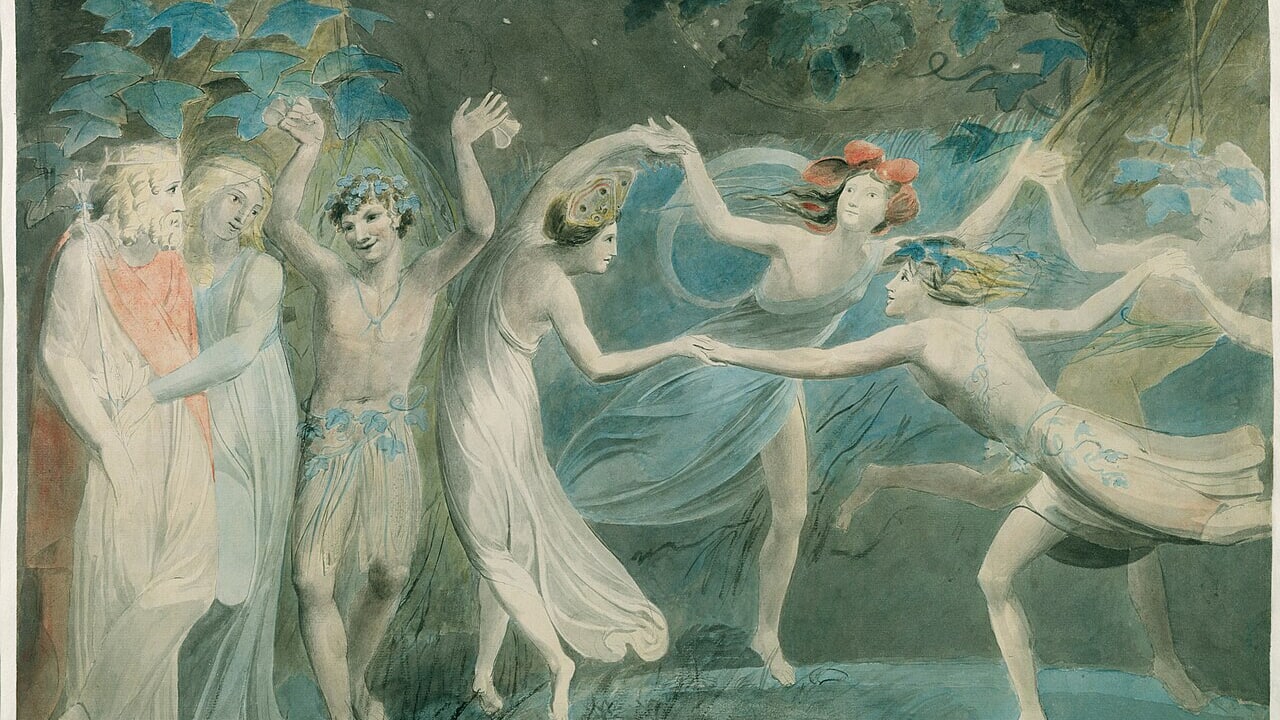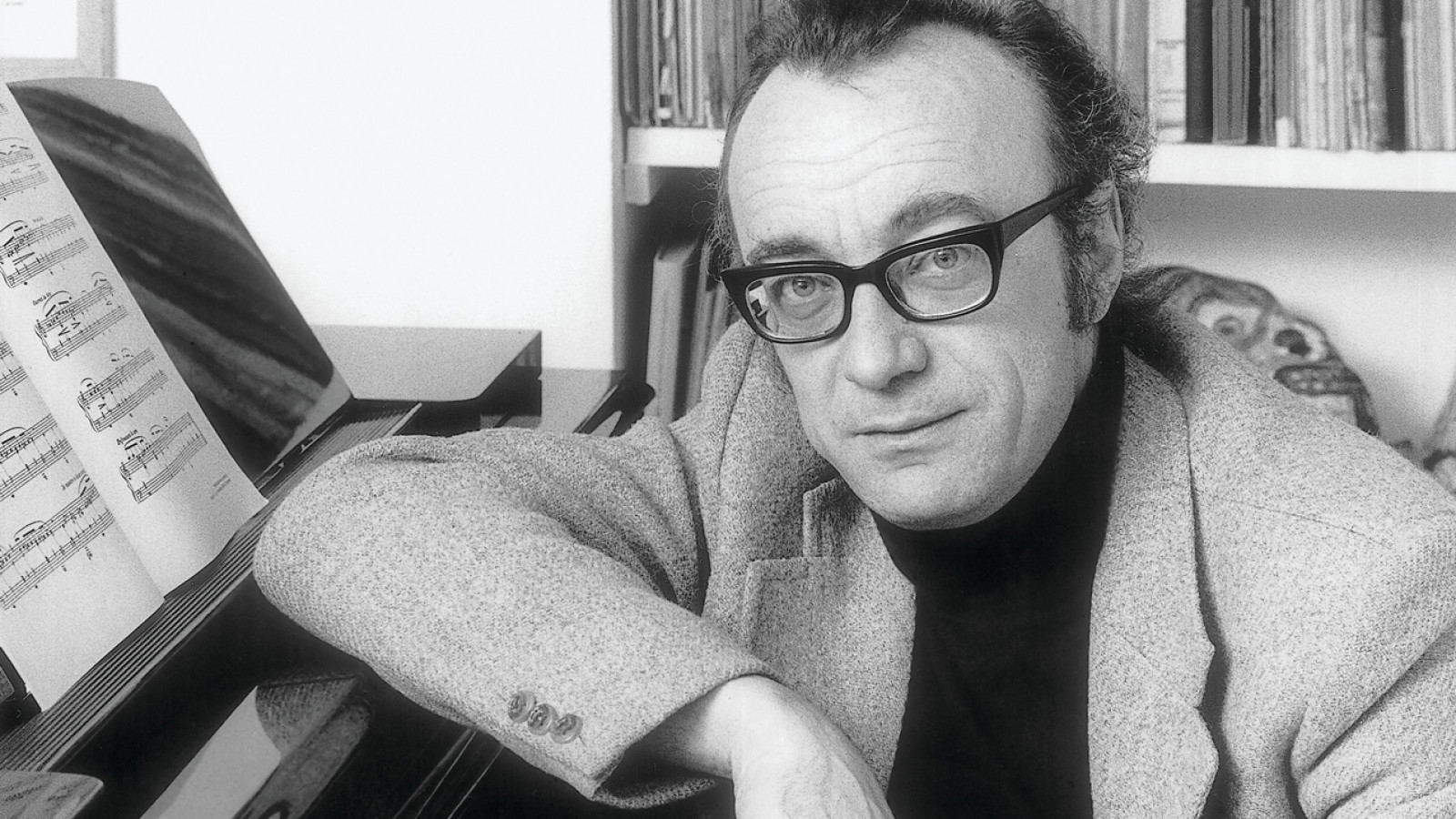Remembering Roger Norrington
Sir Roger Norrington, the English conductor known for historically informed performances, passed away last Friday, July 18. He was 91. Born in Oxford, Norrington rose to prominence in the 1960s when he revived and championed the choral music of the 17th century German composer, Heinrich Schütz (1585-1672). In 1962, Norrington founded the Schütz Choir. He went on to found the London Classical Players, an ensemble he led until 1997. In later years, he …






